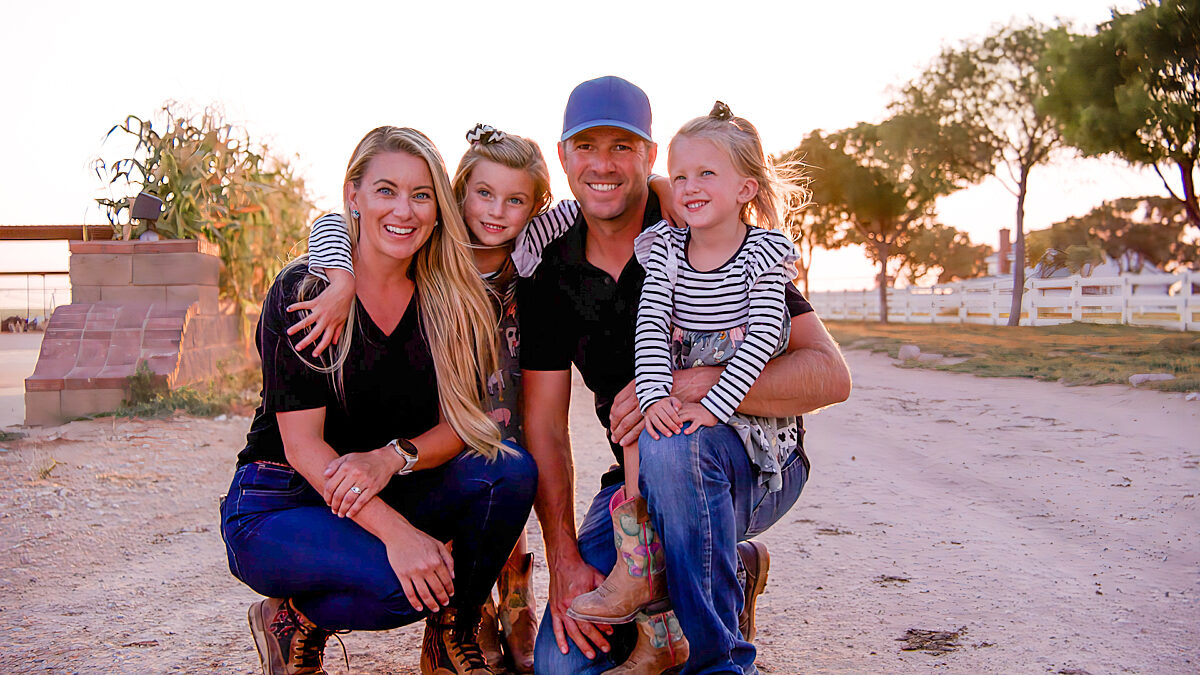The Rising Role of Women in Agriculture
Guest Author
Special Contributor to FB.org

photo credit: AFBF Photo
Guest Author
Special Contributor to FB.org
In a global movement that transcends agriculture, women are more frequently becoming leaders, experts and role models in their fields. In agriculture specifically, that could mean pursuing ag-related higher education, accepting positions as farm operators, or engaging in both leadership roles and programs.
"There still seems to be a little bit of negativity or prejudice towards women," said American Farm Bureau Women 's Leadership Committee Chair Terry Gilbert, "but I think women are extremely capable of being leaders in our agriculture industry and in our organizations."
Over the past 10 years, the presence of women in agriculture has increased with a 14 percent rise in the number of female farm operators and a 21 percent increase in the number of female principle farm operators, according to the latest Census of Agriculture.
Gilbert attributes these growing numbers to women who are interested in specialty-type farming, saying, "Everybody wants to know their farmer, know their food and know where their food comes from, and I think a lot of women are getting into farming and answering that need."
While women in agriculture are answering the call to engage with their buyers, the American Farm Bureau Federation is offering these women educational programs to become even better spokespersons on behalf of agriculture, and more importantly, what women in agriculture do, and why they do it.
The AFB Women 's Leadership Committee has recently launched a "Women in Ag" survey which seeks to identify the goals, aspirations, achievements and needs of women in every aspect of American agriculture.
All women who are farmers, ranchers, farm/ranch employees, employed in agricultural businesses, pursuing ag-related higher education or supportive of agriculture in other ways are invited to participate in the survey at womeninag.questionpro.com.
A first of its kind, this survey looks to identify how women are connected to agriculture and what leadership skills they value as most important. "Women have a unique standpoint," noted Gilbert. "To get the full picture of American farming and ranching, you need to know where the women are coming from – as business leaders and partners and moms and wives."
This survey not only explores where women are coming from, but it explores where women in agriculture want to go – one place in particular being their fields. More and more common is women taking a hands-on approach with everything from livestock to crop planning, planting and harvesting.
Data collected from the survey will be used to gauge trends related to the achievements of women in agriculture, including leadership positions, business successes and election to public office.
Jessica Wharton is a communications assistant at the American Farm Bureau Federation.